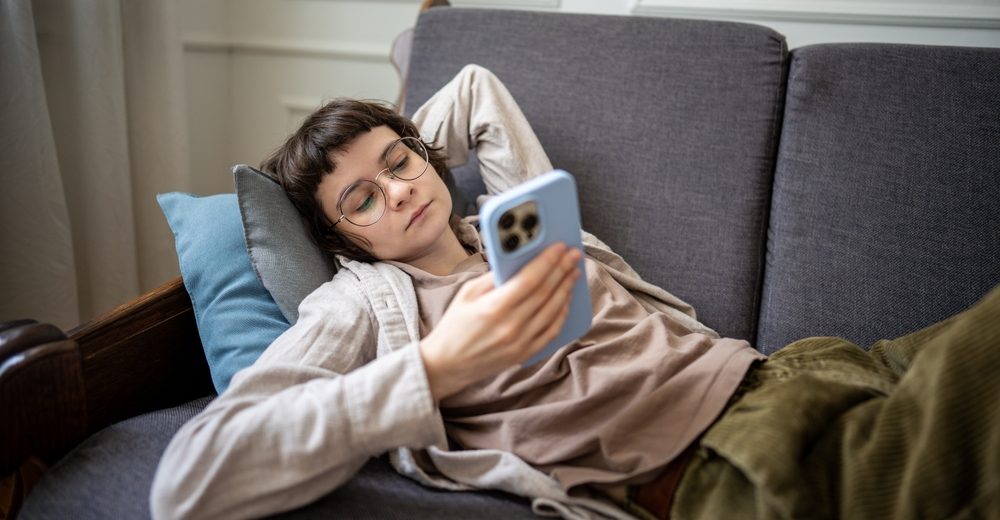- ProfDrNazir
- July 16, 2025
- REGENactive
Screen-Obsessed, Connection-Deprived:
The Silent Crisis of the Digital Age
We live in a time when the world is in our hands—literally. With just one device, we can access global news, entertain ourselves endlessly, manage our work, shop, chat, and scroll through curated realities of others’ lives. But in this digital revolution, something precious is being lost.
Our habits. Our health. Our human connection.
The overuse of gadgets, especially mobile phones, has become one of the most dangerous yet underestimated public health concerns of our time.
The Hidden Dangers of Excessive Screen Time
While smartphones are powerful tools, their overuse comes at a cost—a cost we are only beginning to understand.



Why Social Connection and Mindfulness Matter
Humans are wired for connection. We thrive in community, in touch, in shared emotion. Science proves that deep social connection boosts immunity, protects heart health, and extends life expectancy.
Mindfulness—the practice of being present—is essential for clarity, peace, emotional regulation, and self-awareness. But screens rob us of this presence. They fragment our attention. They overstimulate our minds. They dilute our focus.
A mind scattered across notifications is a mind that cannot grow in peace.
Repair the Habit, Reclaim the Life
If you want to live fully—present, powerful, purposeful—repair your digital habits.
Start with small steps:
✅ Create screen-free zones in your home (especially bedrooms and dining areas)
✅ Limit screen time before bed—replace it with reading, conversation, or deep breathing
✅ Schedule tech-free hours each day to reconnect with yourself and others
✅ Turn off non-essential notifications—regain control of your attention
✅ Practice mindfulness—meditation, nature walks, slow breathing
✅ Model healthy habits for your children—they copy what they see, not what you say

The Real “Smart” Move Is Self-Control
We created smartphones to make life easier, not to let them control our time, thoughts, and health. The smartest decision today is not to upgrade your phone—but to upgrade your discipline.
Be connected to your breath, your body, your people—not just your screen.
The future belongs to those who live mindfully, build powerful habits, and protect the one thing money can’t buy: your attention.




